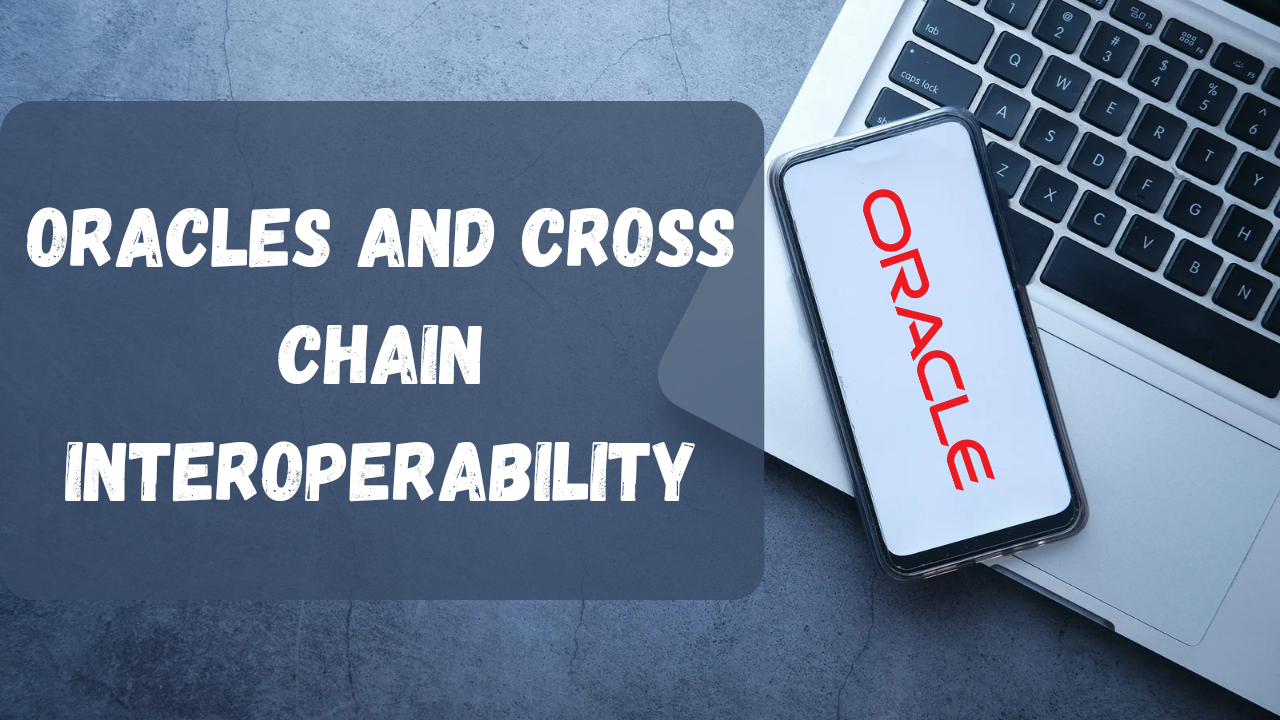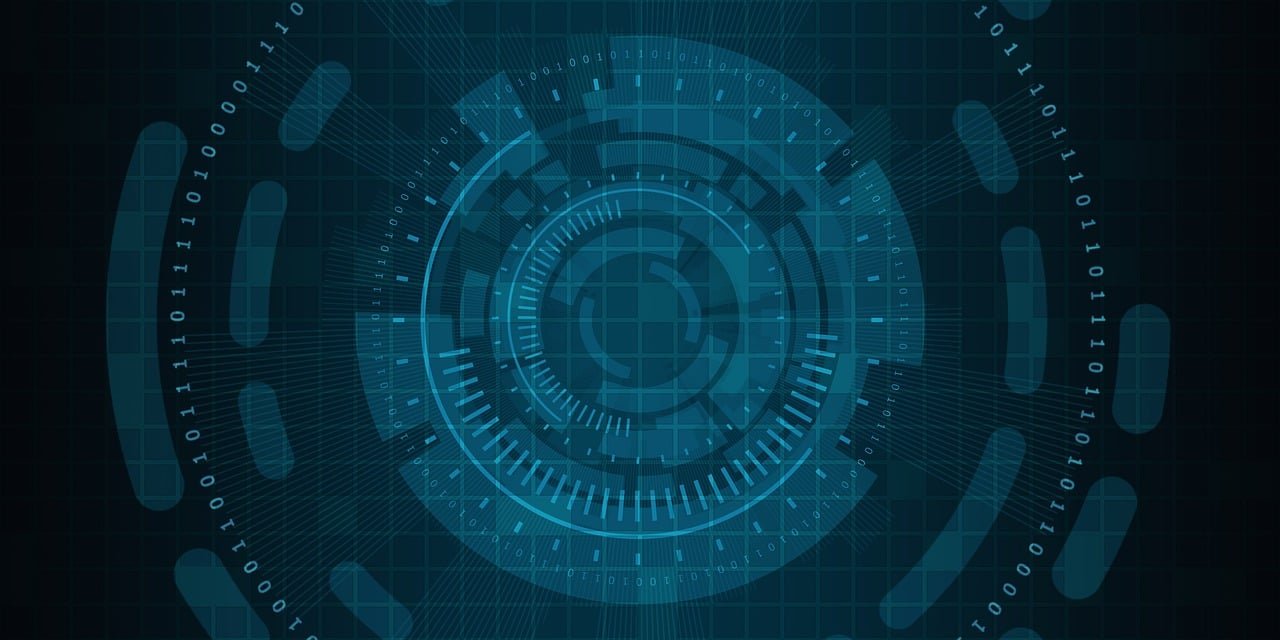The Role of Oracles in Facilitating Cross Chain Interoperability
5 comments
Among the rapidly changing scenarios of technology, cross chain interoperability is a significant goal. Oracles also play an important role in interoperability. They allow different blockchains to connect with each other. Their ability to provide external data to smart contracts is utilised in the concept of Interoperability.

Bridging Blockchain Silos
They operate in silos, each having its own protocol, consensus mechanism and data format. This fragmentation blocks information or movement across chains. Oracles are like bridges between these isolated network systems which allow them to exchange data and trigger events from outside of themselves. Through providing interoperability amongst blockchains oracles make it possible to improve cross chain transactions as well as collaborations.
Enabling Cross Chain Asset Transfers
Oracles facilitate the sharing of relevant information that allows for assets transferred across diverse blockchain networks. For instance, one oracle can link the ownership and status of an asset on a certain blockchain to another chain thereby enabling smooth transfer of the asset among chains. This ability is especially important in decentralized finance (DeFi) applications, where users may want to connect with liquidity and assets across various blockchains.
Enabling Cross Chain Smart Contract Execution
A smart contract is an automated digital agreement. And it runs on meeting the specific requirements. But smart contracts cannot interact with external data. An oracle makes it possible for a smart contract to interact with external data sources. Oracles provide access to the external data. Oracles help smart contracts get plugged into different blockchain networks. They allow them to share their data and assets for cross chain payments, atomic swaps and decentralized exchanges among others.
Maintaining Data Integrity and Security

For cross chain interoperability, preserving data integrity and security is crucial. Oracles have to ensure that they give accurate, reliable and tamper proof information to smart contracts such as when moving from one blockchain network with varying levels of security and trust to another. To cope with against tampering or manipulation risk, oracles can enhance the security of data relayed through them by utilizing cryptographic tools like data encryption or digital signatures.
Overcoming Technical Challenges
There are a number of technical challenges that need to be solved for the cross chain interoperability. These differences are in consensus mechanisms, blockchain protocols, and data formats across different networks. To get around these issues, oracles should implement standardized protocols as well as interoperability solutions and even the use of cross chain communication protocols. It is through this collaboration between oracle providers, industry players and blockchain projects that can inspire innovation while breaking down any technology hurdles that exist in regard to cross chain interoperability.
Conclusion
Oracles act by facilitating data and asset exchange that takes place between different blockchain networks. They play an important role in enabling cross chain interoperability. They can work as cross chains assets transfer enablers facilitating smart contracts execution ensuring the integrity and security of data plus eliminating some of the technicalities involved with inter blockchain operations which make it possible for an interconnectedly functioning blockchain ecosystem.This makes sense because oracles will be fundamental in driving cross chain interoperability within the future phases of blockchain technology development with respect to unlocking decentralized applications (dApps) and ecosystems.
Comments